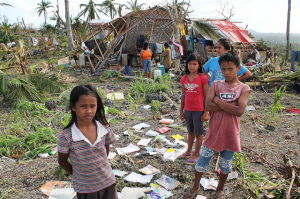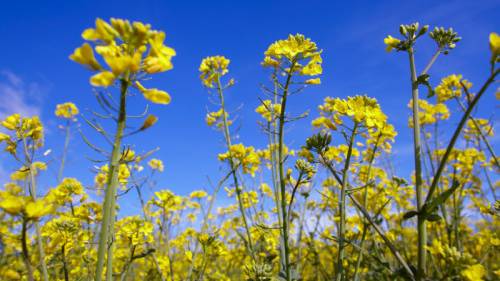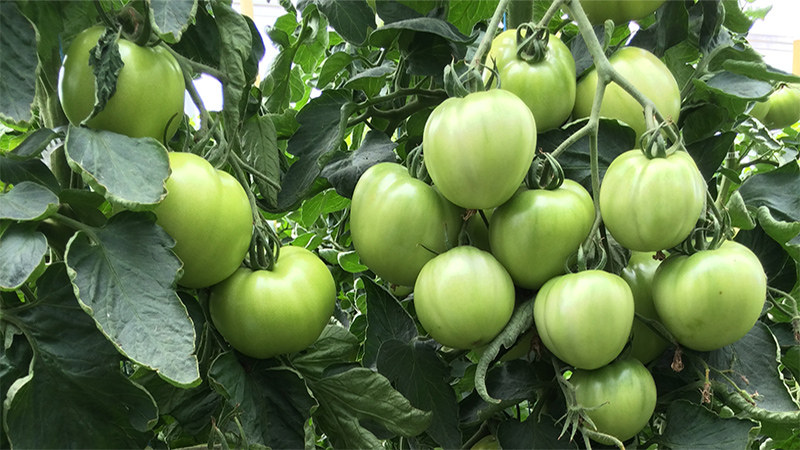FAO: Severe Damage to Agriculture after Typhoon Haiyan

The full scale of the disaster caused by Typhoon Haiyan in the Philippines is only now becoming apparent.
Photo credit: Pio Arce/Genesis Photos – World Vision
Creative Commons license
The Food and Agriculture Organization of the United Nations said it is mobilizing support to the Philippines in the wake of Typhoon Haiyan, which tore through the country causing severe damage to the fisheries and agriculture sectors.
There are 3,976 confirmed deaths so far, with another 1,598 missing and 18,175 injured, according to the country’s National Disaster Risk Reduction and Management Council.
“I want to express the solidarity of FAO and myself personally with the people and the government of the Philippines,” FAO Director-General José Graziano da Silva said. “The devastation caused in the country, including in the agricultural, fisheries and forestry sectors, puts the lives and livelihoods of many more at risk and can have a wider effect on the food supply chain and food security.”
FAO, which has mobilized more than $1 million from its own resources to the Philippines, called for $24 million for immediate interventions in fisheries and agriculture.
Dominique Burgeon, director of FAO’s Emergency and Rehabilitation Division, said there is not yet a clear picture of the impact on the agriculture sector, but “it is evident that the damage is extensive.”
The typhoon hit at the beginning of the main rice-planting season, and FAO estimates that more than one million farmers have been affected and “hundreds of thousands of hectares of rice destroyed.”
According to the FAO, severe impacts on coconut production in affected areas are expected, and there has also been “wide-scale destruction to storage facilities and rural infrastructure.”
The FAO said it will carry out a full assessment of the damage caused to the agriculture and fisheries sectors as soon as the situation on the ground allows.
Source: FAO






